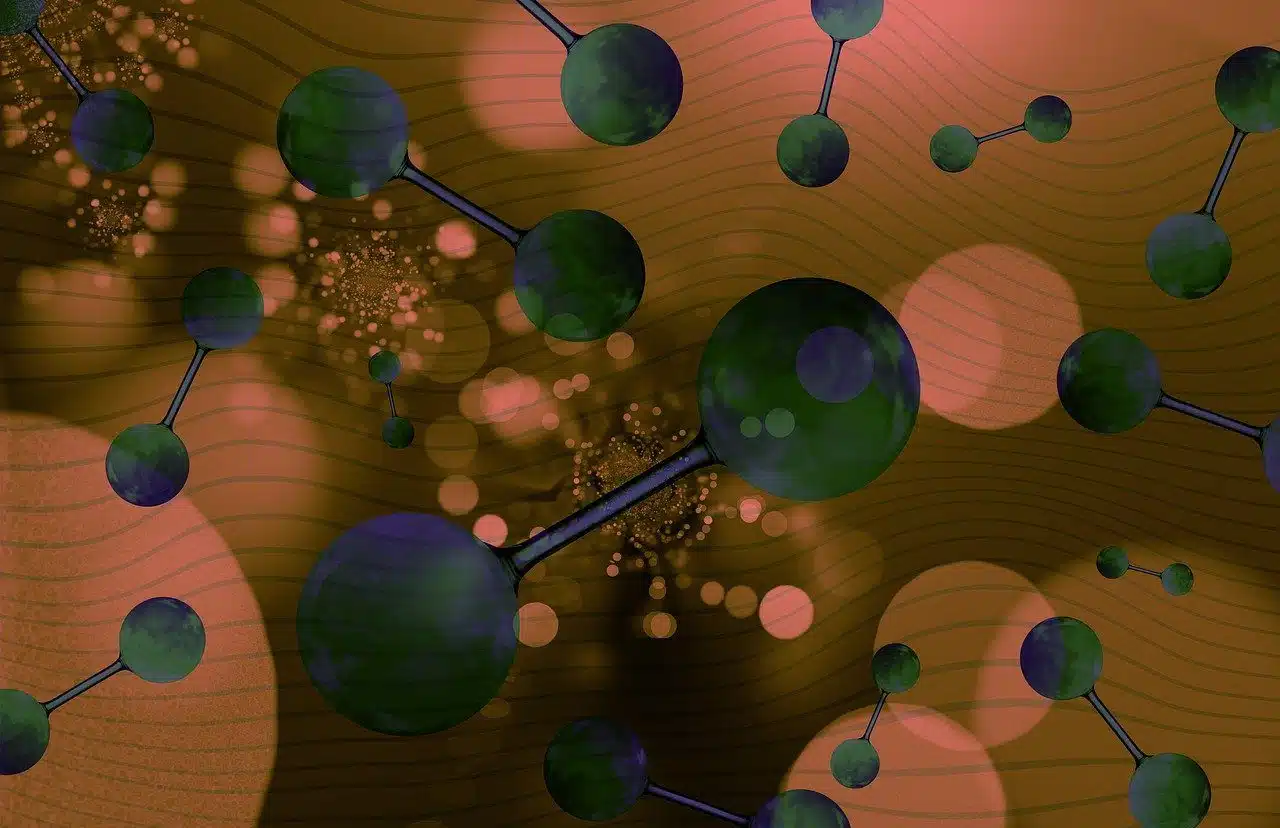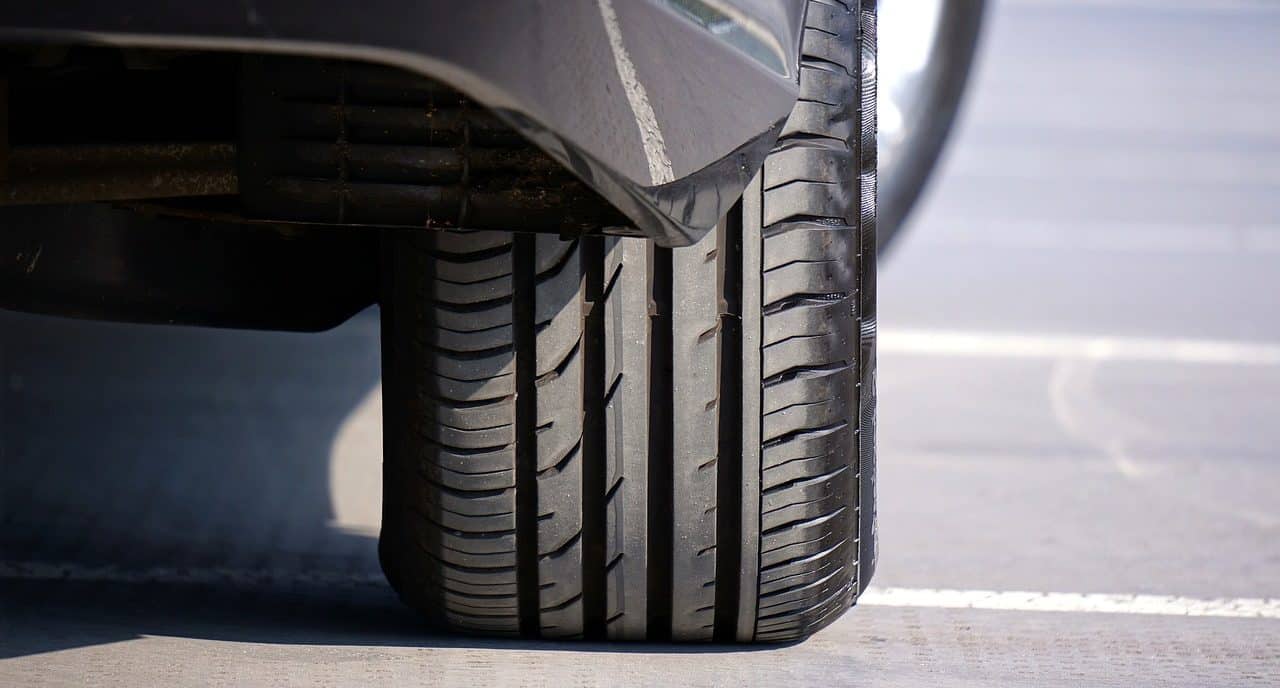
Charles's law was developed by Jacques Charles in the 18th century.
Charles's law is a statement that is responsible for describing how the expansion of a gas is carried out when heated . On the other hand, when the temperature decreases, the volume of the gas decreases.
This law indicates that if the pressure applied to a gas sample is constant, the volume and temperature are in direct proportion . This also means that the increase in absolute temperature causes a proportional increase in the volume of gas.
History of Charles Law
Charles's law was developed in the late 1780s by the French physicist Jacques Charles ( 1746 – 1823 ). Also a chemist, mathematician and inventor, Charles made his discovery a few years before Louis Joseph Gay-Lussac verified these precepts and made known the law of expansion of gases , an event that took place in 1802 .
It should be noted that Charles carried out several tests with hot air balloons, going up himself while analyzing the behavior of the gases. However, he never presented the conclusions of his experiments. In 1802 , Gay-Lussac reported his work on the link between temperature and volume when pressure is kept constant . That is why sometimes both principles are combined and we speak of the Charles and Gay-Lussac law .
In any case, specifically, Charles's law is considered to mean that a gas experiences an expansion proportional to the increase in its absolute temperature if the pressure is constant, while Gay-Lussac's law is mentioned to refer to the fact that The pressure of a fixed volume of a gas is directly proportional to its temperature .

According to Charles' law, if the pressure applied to a gas is constant, the volume and temperature are directly proportional.
The behavior of gases
Charles's law is part of the so-called gas laws , which began to be developed at the end of the 17th century as scientists began to realize that it was possible to find a valid formula for all gases that related temperature , volume , and and pressure in a closed system .
Physicists verified that, unlike what happens with solids and liquids, gases showed similar behavior under a great diversity of conditions. This is because its atoms and molecules present a significant separation. In this framework, the concept of ideal gas was created to name the one that would follow these laws exactly.
An ideal gas, then, is a theoretical gas formed by point particles that do not interact with each other and move randomly. Its particles do not experience repulsion or attraction and have collisions that are perfectly elastic. Starting from the combination of the real gas laws, the ideal gas law emerged, which is a general equation of state .
Among the aforementioned gas laws, Charles' law and Gay-Lussac's law appear, in addition to Boyle's law or Boyle-Mariotte law , the principles of which were declared independently by the Irishman Robert Boyle ( 1627 – 1691) . ) and the Gaul Edme Mariotte ( 1620 – 1684 ). This last law indicates that, when the temperature is constant, the volume of the gas is inversely proportional to the pressure. Therefore, the increase in pressure is associated with the fall in volume and vice versa.
We must also consider Avogadro's law , whose name refers to the Italian Amedeo Avogadro ( 1776 - 1856 ). According to this scientist, equal volumes of gases have the same number of molecules at the same pressure and temperature. Thus, in a certain mass of an ideal gas, the moles and volume are directly proportional as long as the pressure and temperature are kept constant.

The rise of a hot air balloon can be explained by Charles's law.
Charles Law Enforcement
Charles' law is taken into account in multiple areas and processes. The most used example is that of hot air balloons , examined by Jacques Charles himself.
With Archimedes' principle , it was known since before Christ that, for an object to float in a fluid, it must have a lower weight than the fluid it displaces. This means that the element will float if it is less dense than the fluid in question.
According to Charles's law , if a balloon is inflated with a warming gas, its volume expands. When the volume is already high, the balloon manages to occupy a larger volume with the same weight as the air that surrounds it. And since the density is lower than that of cold air, it begins to rise.
Charles' law is also observed in the production of carbonated or carbonated beverages . Since the volume of the gas decreases when the temperature drops, the amount of gas needed in each bottle or can must be precisely defined so that the product does not suffer a drop in its effervescence with refrigeration.
Likewise, as the volume of the gas grows if the temperature increases, those who manufacture tires rely on Charles's law and consider the coefficient of thermal expansion to avoid possible explosions due to heat .
